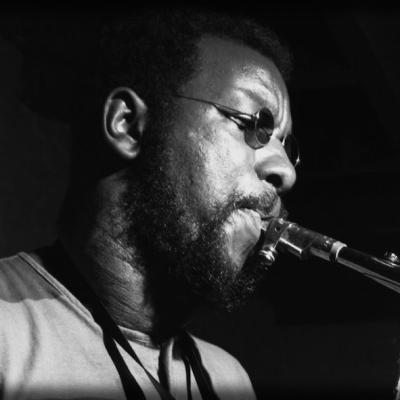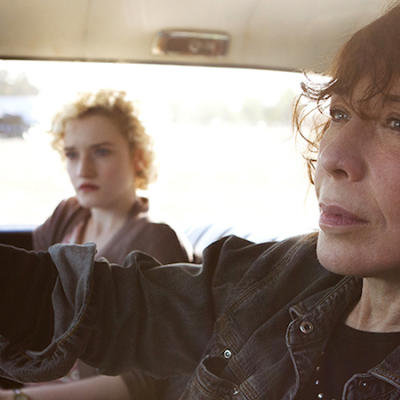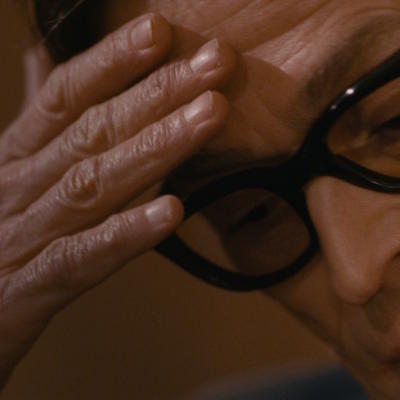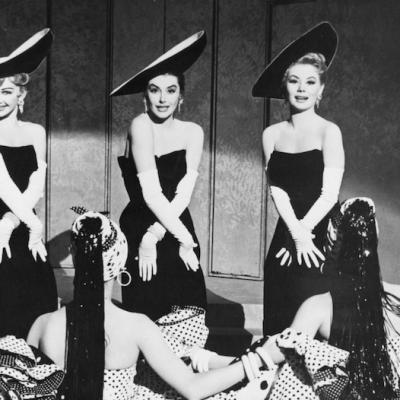When Amy Winehouse passed away in 2011, she left behind a small legacy that consisted of two incredible albums and a few stray tracks. To many, though, the mark that Winehouse left was of a drug addicted, alcoholic party girl with a taste for bad men. I’ve spoken to some people who weren’t even aware that she was a musician.
The documentary Amy is an important film because it consolidates Winehouse’s status as an icon, and gives a portrait of her talent through testimonials from those who worked with her and knew her best as a musician. This sad tale of a girl who was used and taken advantage of by everyone from the tabloids to some of the most important men in her life, including her husband and her absentee father, shows her vulnerability that ultimately led to her demise.
With this film, director Asif Kapadia tells the young singer’s story from the beginning of her singing career to its sad and untimely end. With the acclaimed biography Senna (the similarly tragic tale of Brazilian racing driver Ayrton Senna), Kapadia told a story constructed from home movies archival footage and disembodied voiceovers – here, he takes a similar approach with mostly good results.
The muddy home movie images and footage captured on cheap handheld cameras that makes up a lot of the film’s early half are almost abstract, particularly when a single facet is zoomed in on and it explodes into a mess of pixels. There is a tangible sense of a lost past – very appropriate when one considers the ultimate fate of the smiling, happy, jazz-loving girl that we are first introduced to. This adds a great amount of emotional heft to the film.
Along with these images, voice-overs are provided and named on-screen, from various people who knew and worked with Winehouse, such as producers Salaam Remi and Mark Ronson, and Tony Bennett. Unlike many other documentaries, there are no talking heads. As such, it can feel as if each element is not given the proper room to breathe. The result can be disorientating, but eventually you will sink into the unusual rhythm of the film.
The film is at its best when it discusses Winehouse and her relationship to music, rather than the tabloid dramas that plagued her after her ascent to stardom. There are some beautifully moving scenes, like handheld footage of her recording a sublime vocal for “Back to Black” in the studio, or her wide-eyed reaction to winning a Grammy presented by Tony Bennett and Natalie Cole, two of her idols.
When the film focuses on the Amy Winehouse that was plagued by the media for her hard-living ways, who barely ever had a moment of peace, the story seems almost melodramatic. It is a sad story – that can’t be denied – but the filmmaker’s hand seems too forceful in guiding the narrative toward its end. Even some of the voiceovers seem to lack an off-the-cuff cadence, sounding unnatural and forced.
Even so, the film was clearly made with a great amount of care and passion and a desire to tell Winehouse’s story with minimal bullshit. True to its name, Amy is the focus, and the film does a beautiful job of folding her embattled lyrics and boozy neo-Billie Holiday voice through the events of her life, weaving threads that reconcile Winehouse the artist and Winehouse the public mess. Even someone intimately familiar with her work could find new angles and morsels of meaning thanks to this documentary and its compelling account of one of contemporary music’s biggest tragedies.
Amy opens in Australian cinemas on July 2.




